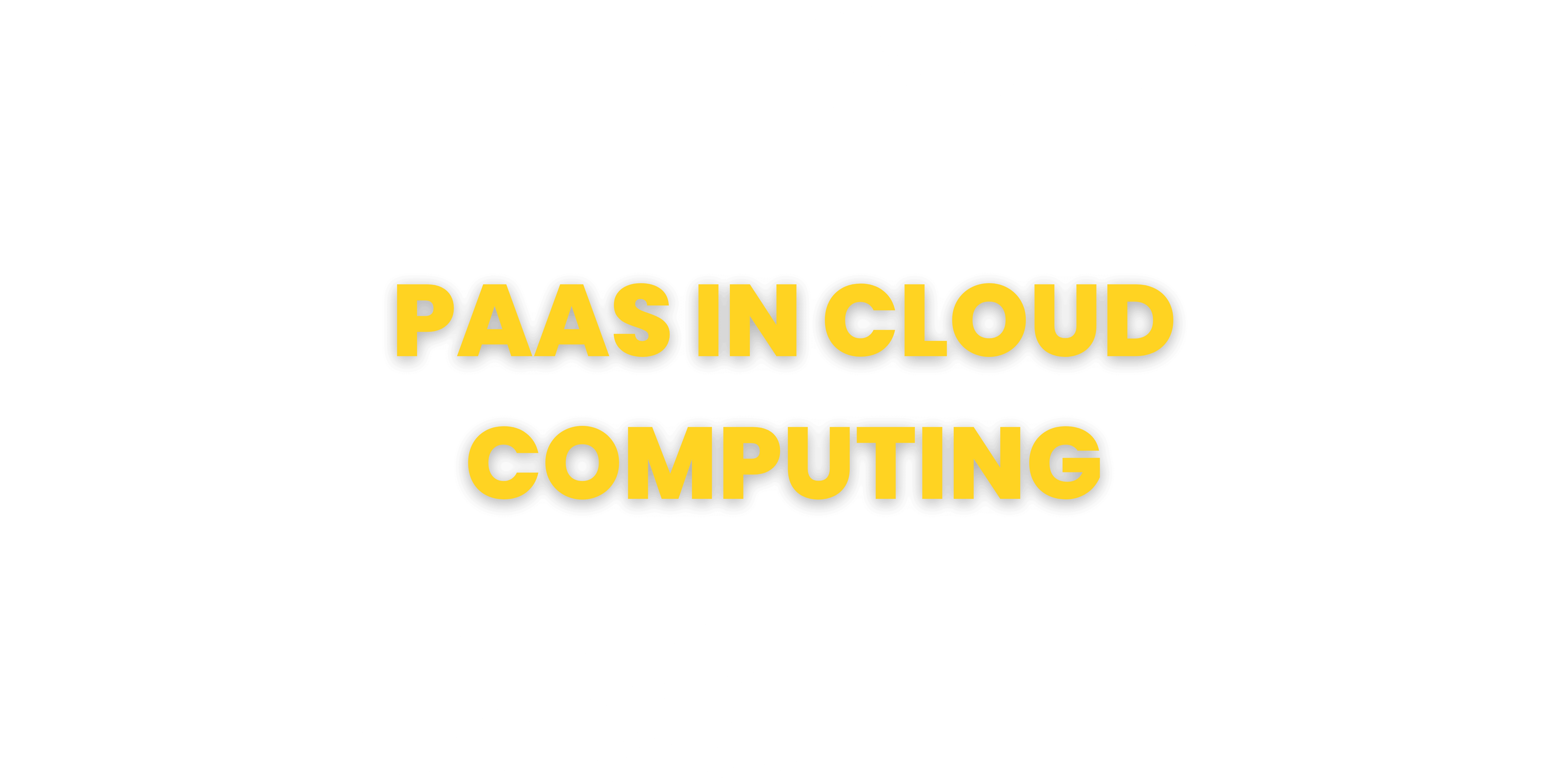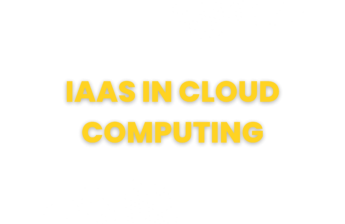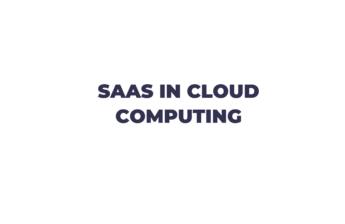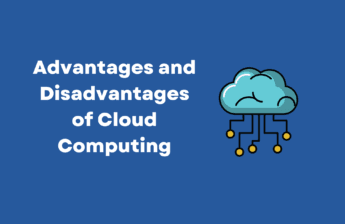As cloud computing continues to gain traction, more and more businesses are turning to cloud solutions for their computing needs. One particular model that has become increasingly popular is Platform as a Service (PaaS). PaaS provides a cloud-based platform for developers to create, test, and deploy their applications without having to worry about the underlying infrastructure. In this article, we will explore what PaaS is, how it works, and provide some examples of PaaS providers.
What is PaaS in Cloud Computing?
Platform as a Service (PaaS) is a cloud computing model that provides a platform for developers to build, test, and deploy their applications. With PaaS, developers can focus on creating applications without worrying about the underlying infrastructure. The PaaS provider manages the infrastructure, including servers, storage, and networking, leaving the developer to concentrate on writing code and creating innovative applications.
How does PaaS Work?
PaaS is built on top of Infrastructure as a Service (IaaS) and provides developers with a set of tools, services, and APIs to create and deploy their applications. The PaaS provider manages the underlying infrastructure, including hardware, operating systems, and middleware, while the developer focuses on creating the application.
Developers can access the PaaS platform through a web-based interface or through an API. Once they have access to the platform, they can start developing their application using the provided tools and services. The PaaS provider takes care of scalability, security, and maintenance, allowing developers to focus on delivering their application.
Examples of PaaS Providers
Here are some examples of PaaS providers:
1. Heroku
Heroku is a cloud-based PaaS provider that allows developers to build, run, and scale their applications. Heroku supports a wide range of programming languages, including Ruby, Java, Python, and Node.js, and provides a range of services, including data storage, queuing, and caching.

2. Google App Engine
Google App Engine is a PaaS provider that allows developers to build, deploy, and scale their applications on Google’s infrastructure. App Engine supports several programming languages, including Java, Python, PHP, and Go, and provides a range of services, including data storage, task scheduling, and email delivery.
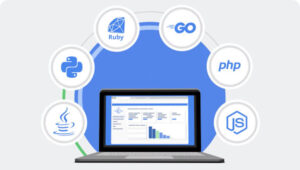
3. Microsoft Azure
Microsoft Azure is a cloud-based PaaS provider that provides a range of services, including virtual machines, databases, and analytics. Azure supports several programming languages, including Java, Python, .NET, and Node.js, and provides a range of tools and services to help developers build and deploy their applications.
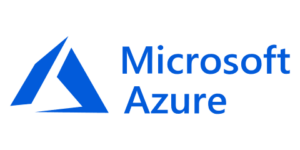
4. AWS Elastic Beanstalk
AWS Elastic Beanstalk is a PaaS provider that allows developers to deploy and manage their applications on AWS. Elastic Beanstalk supports several programming languages, including Java, Python, .NET, and Node.js, and provides a range of services, including load balancing, auto-scaling, and monitoring.

Benefits of PaaS
Here are some of the benefits of using PaaS:
1. Reduced Costs
With PaaS, businesses do not need to invest in expensive hardware and infrastructure. The PaaS provider manages the infrastructure, reducing the costs associated with managing and maintaining the infrastructure.
2. Increased Efficiency
PaaS allows developers to focus on developing their application rather than managing the infrastructure. This results in increased efficiency and faster time-to-market.
3. Scalability
PaaS providers offer scalable infrastructure, allowing businesses to scale up or down as their needs change. This provides businesses with the flexibility to adapt to changing demands.
Conclusion
Platform as a Service (PaaS) provides businesses with a platform to develop, test, and deploy their applications without having to worry about the underlying infrastructure.
Further Reading:

